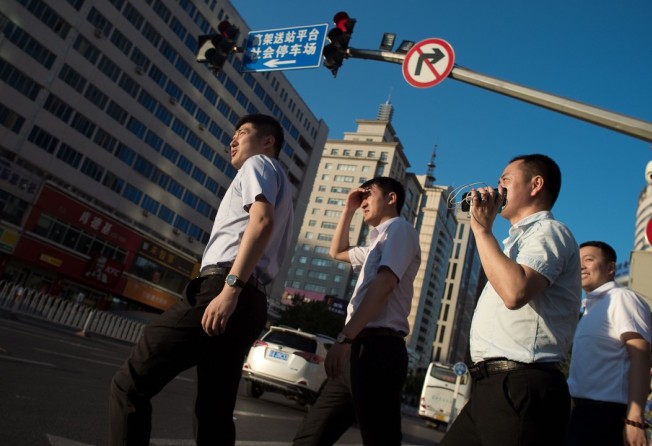Europe seeks an open, rules-based trading system. So should China
Hans Dietmar Schweisgut says an EU proposal for investment screening is not motivated by protectionism, but is aimed at making Europe’s open markets more transparent. It is China that should show it is serious about its promises of market reform

There has been quite a lot of noise recently about EU-China trade relations, touching on frustration at the slow pace of market reforms and other issues. There have been accusations of protectionism, calls for reciprocity, and debate on industrial overcapacity, investment screening systems or cross-border acquisitions.
These discussions should come as no surprise, considering the depth and breadth of one of the world’s largest economic relationships. And it should also come as no surprise that some of the opinions expressed are inaccurate or misleading, given the complexity of this relationship. That is why it is important to rise above the noise and set out clearly how we see this relationship, and what exactly is at stake.